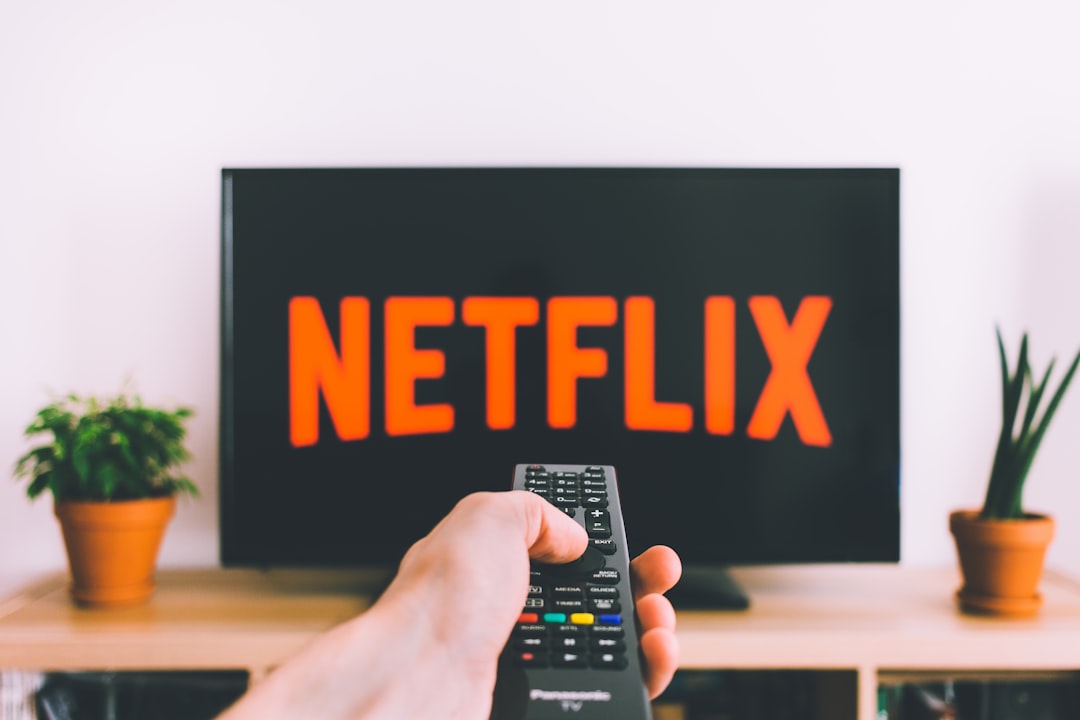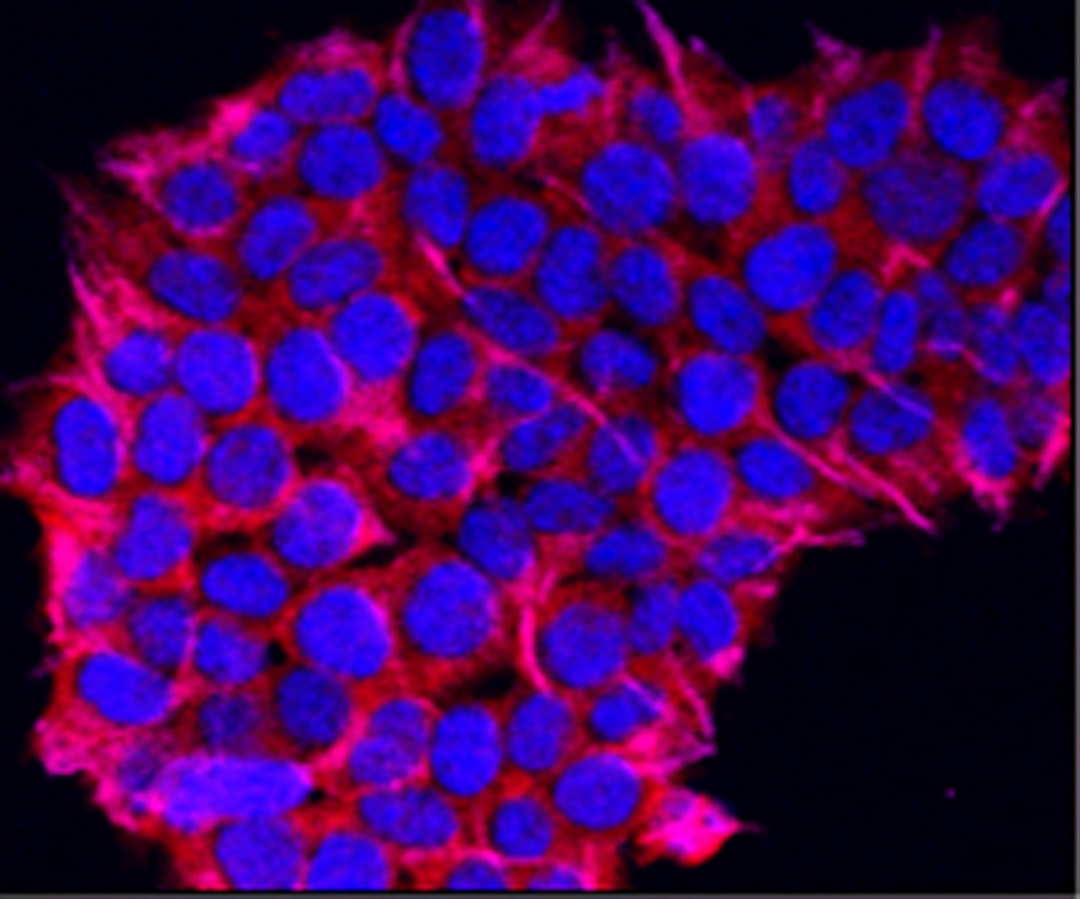What is it about?
For decades psychologists have investigated how we learn about cause and effect, and one of the key principles is that we update our beliefs in light of new evidence. Furthermore, the amount we learn is often found to be greatest when surprising things happen. For example, if we eat something and then it makes us unexpectedly ill, we will update our beliefs about that food and the amount of change will be greatest when the illness is particularly surprising. However, our research shows that this is not always the case. In some circumstances people resist updating their beliefs about the relationship between a cause and an effect by attributing the occurrence of a surprising event to an alternative cause. Interestingly, this tendency appears to set humans apart from other animals.
Featured Image

Photo by Nick Fewings on Unsplash
Why is it important?
These findings are contrary to our existing theories of how humans and other animals learn the relationships between events. They therefore suggest that our knowledge about how we understand the world is incomplete. Gaining a fuller understanding of causal learning will help people to make better evidence-based decisions.
Read the Original
This page is a summary of: Theory protection: Do humans protect existing associative links?, Journal of Experimental Psychology Animal Learning and Cognition, January 2022, American Psychological Association (APA),
DOI: 10.1037/xan0000314.
You can read the full text:
Contributors
The following have contributed to this page










